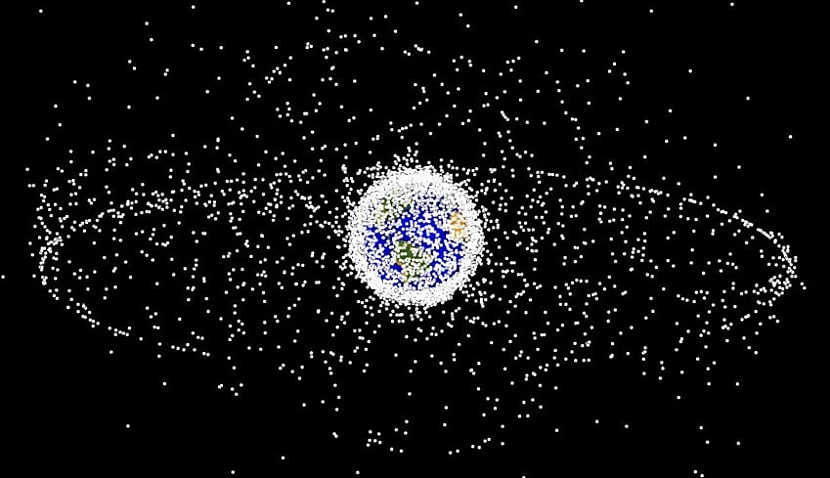The collaboration, funded by the Australian Research Council and the Polish Space Agency, is being spearheaded by Associate Professor David Coward from The University of Western Australia (UWA) International Space Centre.
“Australia’s rapidly growing sovereign reliance on space is providing new opportunities and challenges and it is becoming critical to know what’s in orbit above Australia,” Coward said.
Coward added, “The space above Earth is becoming increasingly dangerous due to space debris – consisting of non-functional satellites, rocket bodies and even flakes of paint – which pose an increasing threat to orbiting spacecraft.”
Polish PhD researcher Dorota Mieczkowska, based at UWA, is playing a central role in the project. Using state-of-the-art imaging equipment at the university’s space surveillance hub, combined with data from the Polish Space Agency, she is tracking satellites and debris to better understand the risks to critical space assets.
“This project allows us to combine Australia’s advanced observational facilities with Poland’s expertise in space surveillance,” Mieczkowska said. “It’s exciting to contribute to building international collaboration while helping develop new capabilities for monitoring the space environment.”
The initiative comes at a time of heightened global concern over the sustainability of Earth’s orbit. According to the European Space Agency, more than 36,000 pieces of space debris larger than 10 centimetres are currently being tracked, with millions of smaller fragments also posing collision risks.
With satellites underpinning everything from global positioning system navigation and telecommunications to defence and climate monitoring, protecting orbital infrastructure has become a national security priority.
As part of the project, UWA is hosting the Polish–Western Australian Workshop on Ground Sensor Space Surveillance this week. The event will bring together researchers, industry partners and government representatives to explore new opportunities for collaboration, promote STEM education as a career pathway into space, and highlight the importance of international partnerships in addressing orbital challenges.
The workshop will also mark Poland’s return to space activities after a 50-year absence. Special guest Polish astronaut Sławosz Uznański-Wiśniewski, who recently returned from the International Space Station, will deliver a message to participants, underscoring the symbolic significance of the collaboration.
“This is the first time Western Australia has hosted a space event with the Polish Space Agency,” Coward said. “Space really is a place where all countries can work together.”
The workshop is supported by the Western Australian government, the embassy of Poland, the Polish Space Agency and three Polish space companies, further cementing the growing ties between Australia and Europe in the global effort to keep space safe and sustainable.

